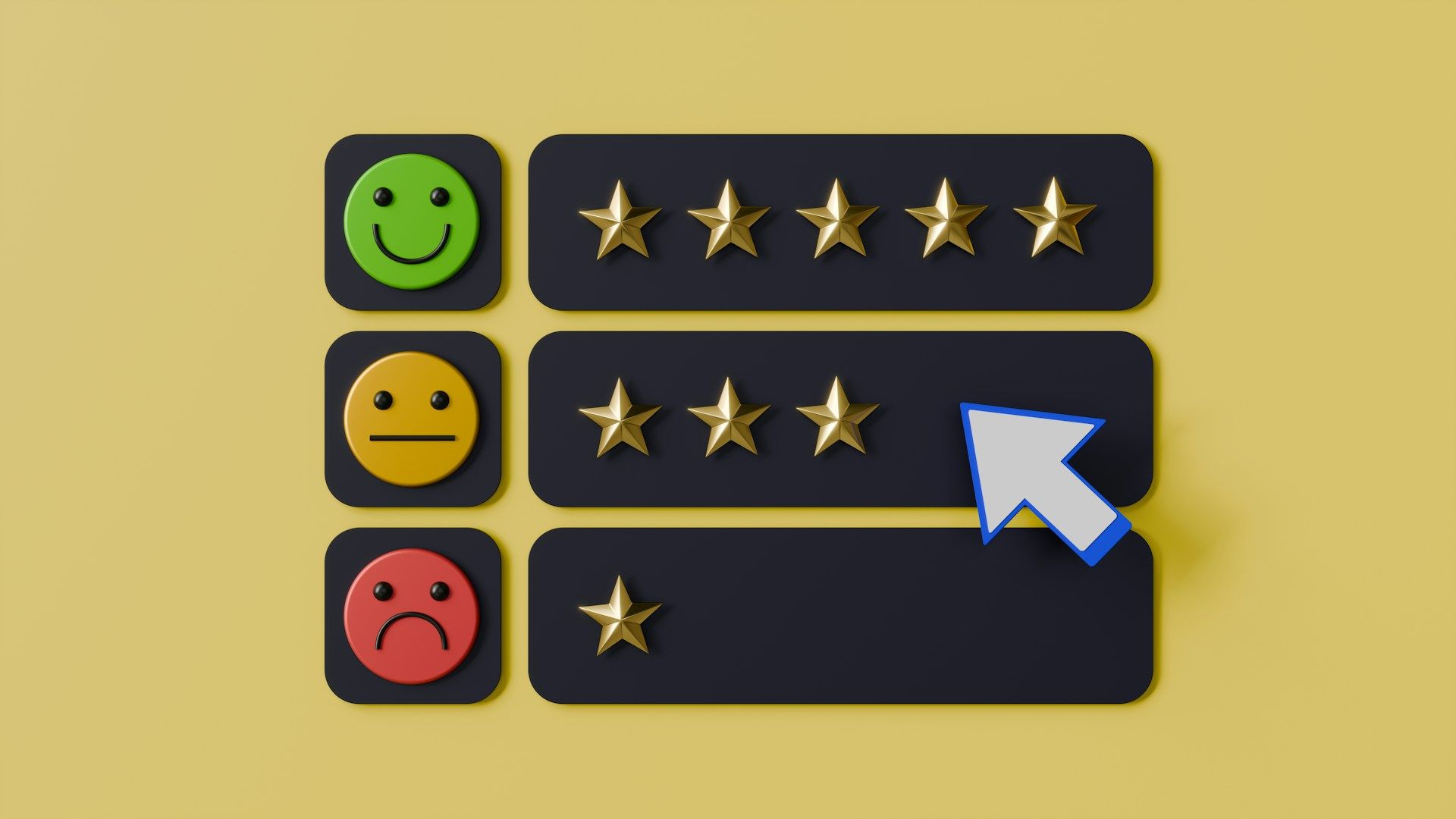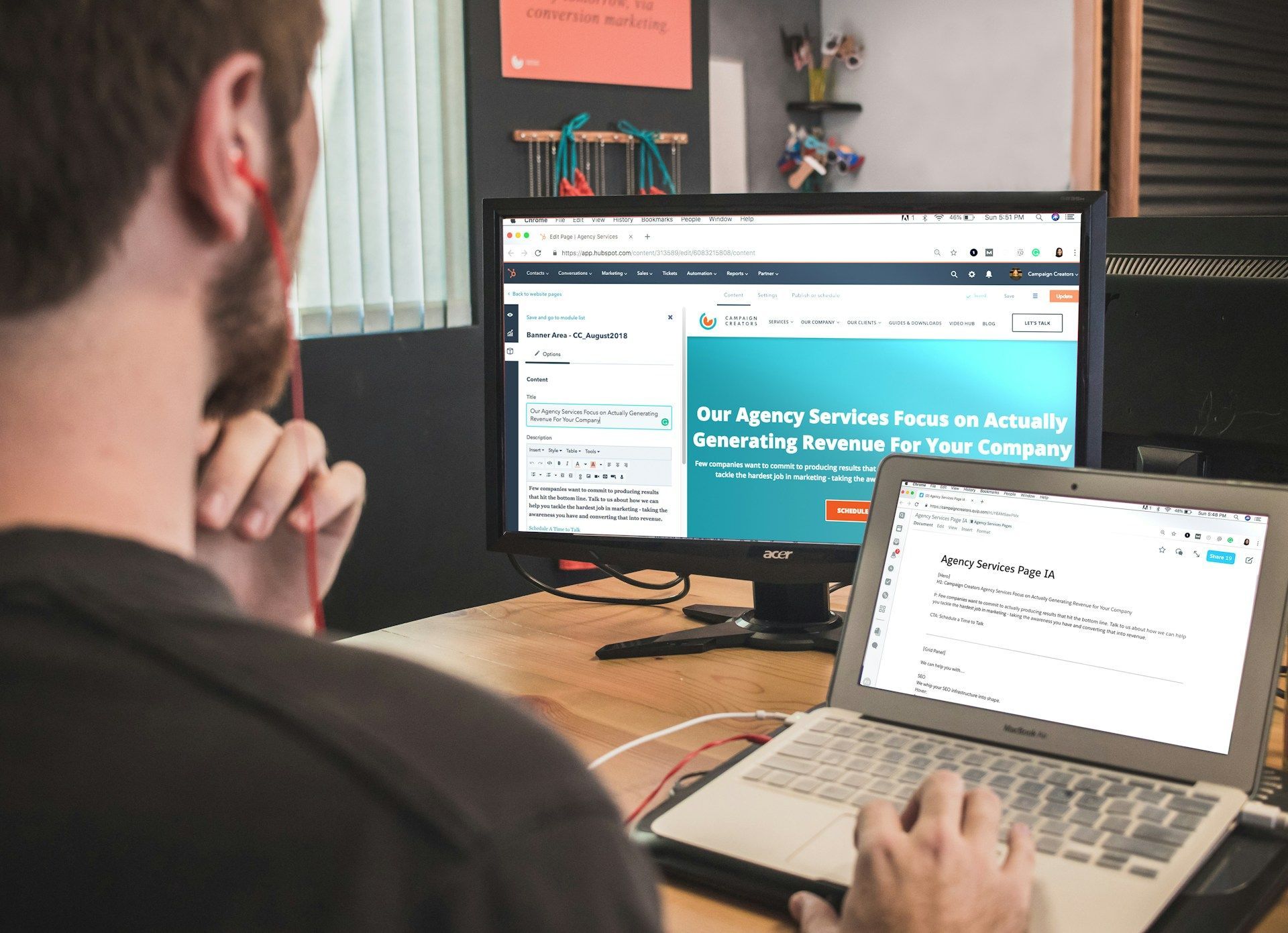SEO Mistakes to Avoid for Better Website Traffic
Many businesses aim to increase website traffic, but making common SEO mistakes can hurt their chances of success. Search Engine Optimization (SEO) helps your site rank higher in search results, making it easier for people to find you. However, some pitfalls can undermine your efforts.
Avoiding these traps can improve your website’s traffic and overall effectiveness. Understanding and avoiding these common SEO mistakes can create a more effective strategy to increase website traffic and achieve business goals.
Ignoring Keyword Research
Ignoring keyword research is a big mistake when it comes to SEO. Keywords are the words and phrases people use to search for information on the web. Without proper research, it’s hard to know what your audience is looking for and how to attract them to your site.
To start, use keyword research tools. These tools help you determine the terms people seek in your industry. You can discover which keywords have high search volumes and low competition. Using relevant keywords in your content can help your site appear in search results more often, driving more traffic.
Avoid guessing your keywords. Making assumptions about what your audience is searching for can lead to missed opportunities. Instead, rely on data from keyword research tools to guide you. This way, your content will align more with what your audience seeks.
Focus on long-tail keywords. These are longer, more specific phrases that get less search traffic but often convert better. For example, instead of targeting “web design,” you could target “affordable web design services.” Long-tail keywords usually face less competition and can attract more targeted traffic.
Ignoring keyword research can mean the difference between a well-trafficked site and one that gets overlooked. Understanding what your audience is searching for ensures your content meets their needs and helps them find you.
Overloading on Keywords
Using too many keywords in your content, also known as keyword stuffing, can hurt your SEO efforts. Once upon a time, loading your content with keywords might have tricked search engines into ranking your page higher. Now, search engines are much more innovative and can penalize keyword-stuffed content.
Keyword stuffing makes your content hard to read. When you cram too many keywords into your text, it can sound unnatural and forced. This not only turns off your readers but also lowers the overall quality of your content. Clear, engaging content is more likely to be shared and linked to, which can improve your SEO.
Search engines favor quality over quantity. Using a few relevant keywords naturally is better than overloading your content. Aim to use keywords where they make sense, in headings and subheadings, and sprinkle them naturally throughout the text. This keeps your content readable and SEO-friendly.
Consider semantic keywords. Search engines recognize these variations or terms related to your main keywords. Using semantic keywords helps you avoid keyword stuffing while still signaling to search engines what your content is about.
Balancing keyword use is critical to a successful SEO strategy. Rather than cramming in as many keywords as possible, focus on providing valuable, readable content that naturally includes relevant terms. This approach helps improve your search engine ranking and attracts more visitors.
Neglecting Mobile Optimization
Neglecting mobile optimization can seriously harm your website's traffic. Many users now access websites through smartphones and tablets, and you risk losing many potential visitors if your site doesn’t work well on these devices.
First, check if your website is mobile-friendly. Tools like Google’s Mobile-Friendly Test can help you see how well your site performs on mobile devices and provide insights into what needs fixing to improve the user experience.
Make sure your site design is responsive. A responsive design automatically adjusts to fit any screen size, making it easy for users to navigate your site on a phone, tablet, or desktop. This is crucial for keeping visitors engaged and reducing bounce rates.
Improve mobile loading times. Slow-loading pages can frustrate users and lead them to leave your site. Optimize your images, minimize code, and use browser caching to speed up your site. Faster pages mean happier users and better rankings in search results.
Consider the layout and readability of your mobile site. The text should be easy to read without zooming, and buttons should be large enough to tap without trouble. Good mobile design improves user experience and keeps visitors on your site longer.
You miss out on potential traffic and risk higher bounce rates by neglecting mobile optimization. Ensuring your site is mobile-friendly helps capture and retain more visitors, boosting overall traffic and engagement.
Using Poor-Quality Backlinks
Using poor-quality backlinks can be detrimental to your SEO efforts. Backlinks, or inbound links from other websites to yours, send signals to search engines about the credibility and relevance of your content. High-quality backlinks can boost your rankings, while poor-quality ones can harm your reputation.
Identify and avoid low-quality backlinks. Links from spammy websites or sites unrelated to your niche can hurt your SEO. Use tools to check the quality of websites linking to yours and disavow any harmful links.
Focus on earning high-quality backlinks. Reach out to reputable websites in your industry for guest post opportunities or collaborations. High-quality backlinks from trusted sources hold more value and can improve your ranking.
Create link-worthy content. High-quality, informative, and engaging content naturally attracts backlinks from other sites. Share your expertise through blog posts, infographics, and videos that offer real value. The better your content, the more likely others will link to it.
Monitor your backlink profile regularly. Keeping track of who links to your site helps you maintain a healthy link profile. Use SEO tools to get alerts for new backlinks and assess their quality to take necessary actions.
Building a network of high-quality backlinks takes effort, but it pays off in better SEO performance and increased traffic. Avoiding poor-quality backlinks and focusing on credible connections can elevate your site’s authority and visibility.
Conclusion
Avoiding common SEO mistakes can help you significantly boost your website traffic. Ignoring keyword research, overloading keywords, neglecting mobile optimization, and using poor-quality backlinks can hurt your SEO strategy. Each area is crucial to how well your site performs in search engine rankings.
Implementing these best practices can lead to more effective SEO and higher website traffic. Avoid these common mistakes to create a solid foundation for your digital marketing efforts.
Ready to take your website traffic to the next level? Contact Cre8 My Site today to learn how our affordable web design and
SEO services for small businesses can help you achieve your goals.
Small Businesses Are Our Passion
Build a professional digital presence that your company can be proud of with Cre8 My Site's Fully Managed Plans. They will help create an amazing website for your business with exceptional support. Choose a plan to cover your business needs.
Business Hours
Monday-Friday - 8:00am-5:00pm
Saturday - Appointment Only
Sunday - Closed












